Exploring the Benefits of CBD for Mental Health
Mental health is an important part of overall health and wellbeing. In recent years, there has been an increased focus on the use of natural remedies to help manage mental health issues. One such remedy is cannabidiol (CBD), a compound found in the cannabis plant.
CBD is a non-psychoactive compound, meaning it does not produce the “high” associated with marijuana use. It is believed to have a variety of therapeutic benefits, including the potential to help manage mental health issues.
Research into the use of CBD for mental health is still in its early stages, but there is evidence to suggest that it may be beneficial. Studies have shown that CBD may help reduce symptoms of anxiety and depression, as well as improve sleep quality. It may also help to reduce stress and improve overall mood.
CBD is available in a variety of forms, including oils, capsules, edibles, and topical creams. It is important to note that CBD is not a substitute for professional medical care and should not be used as a replacement for prescribed medications. It is also important to speak to a doctor before taking CBD, as it can interact with certain medications.
Overall, CBD may be a useful tool for managing mental health issues. While more research is needed to fully understand its potential benefits, it is worth exploring as a natural remedy for mental health.
How CBD Can Help Manage Stress and Anxiety
Cannabidiol (CBD) is a naturally occurring compound found in the cannabis plant. It has been gaining popularity in recent years due to its potential therapeutic benefits, particularly in the management of stress and anxiety.
CBD works by interacting with the body’s endocannabinoid system, which is responsible for regulating a variety of physiological processes, including mood, appetite, and sleep. Studies have shown that CBD can help reduce stress and anxiety by modulating the activity of the endocannabinoid system.
One way CBD may help reduce stress and anxiety is by increasing levels of anandamide, a neurotransmitter that helps regulate mood and reduce stress. Anandamide is known as the “bliss molecule” because it helps to create a feeling of well-being and relaxation. CBD has also been shown to reduce cortisol levels, which is a hormone associated with stress.
CBD may also help reduce anxiety by reducing the activity of the amygdala, a part of the brain that is responsible for the fear response. Studies have shown that CBD can reduce the activity of the amygdala, which can help reduce feelings of anxiety.
In addition to its potential to reduce stress and anxiety, CBD may also help improve sleep. Studies have shown that CBD can help reduce insomnia and improve sleep quality. This is likely due to its ability to reduce stress and anxiety, as well as its ability to reduce inflammation and pain.
Overall, CBD has been shown to be a safe and effective way to manage stress and anxiety. It is important to note, however, that CBD should not be used as a substitute for professional medical advice. If you are experiencing stress or anxiety, it is important to speak to your doctor or a mental health professional.
The Role of CBD in Treating Depression

Depression is a serious mental health disorder that affects millions of people around the world. It is characterized by persistent feelings of sadness, hopelessness, and worthlessness, and can lead to a range of physical and psychological symptoms. While traditional treatments such as psychotherapy and medication are often effective, many people are now turning to alternative treatments such as CBD to help manage their depression.
CBD, or cannabidiol, is a compound found in the cannabis plant. It has been studied for its potential therapeutic benefits, including its ability to reduce anxiety and improve mood. While research into the effects of CBD on depression is still in its early stages, there is evidence to suggest that it may be beneficial.
One study found that CBD was able to reduce symptoms of depression in mice. The study found that CBD was able to reduce the levels of stress hormones in the mice, which in turn reduced their symptoms of depression.
Another study found that CBD was able to reduce symptoms of depression in humans. The study found that CBD was able to reduce levels of the stress hormone cortisol, as well as reduce levels of the neurotransmitter serotonin. This suggests that CBD may be able to help regulate mood and reduce symptoms of depression.
It is important to note that while CBD may be beneficial for treating depression, it is not a replacement for traditional treatments such as psychotherapy and medication. It is also important to speak to a doctor before taking CBD, as it can interact with certain medications.
In conclusion, while research into the effects of CBD on depression is still in its early stages, there is evidence to suggest that it may be beneficial. It is important to speak to a doctor before taking CBD, as it can interact with certain medications.
Understanding the Impact of CBD on Mood Disorders
Mood disorders, such as depression and anxiety, are among the most common mental health conditions in the world. While there is no single cause of these conditions, research has shown that a combination of biological, psychological, and environmental factors can contribute to their development. In recent years, there has been increasing interest in the potential of cannabidiol (CBD) to help manage mood disorders.
CBD is a compound found in the cannabis plant, and it has been studied for its potential therapeutic effects. Unlike its more well-known counterpart, tetrahydrocannabinol (THC), CBD does not produce a “high” or any other psychoactive effects. Instead, it is thought to interact with the body’s endocannabinoid system, which is involved in regulating mood, sleep, appetite, and other functions.
Research into the effects of CBD on mood disorders is still in its early stages, but there is some evidence to suggest that it may be beneficial. For example, one study found that CBD was associated with reduced levels of anxiety and improved sleep quality in people with anxiety disorders. Another study found that CBD was associated with reduced levels of depression in people with major depressive disorder.
It is important to note that more research is needed to fully understand the effects of CBD on mood disorders. Additionally, it is important to remember that CBD is not a substitute for traditional treatments such as psychotherapy and medication. If you are considering using CBD to manage your mood disorder, it is important to speak to your doctor first.
In conclusion, CBD may have potential therapeutic benefits for people with mood disorders. However, more research is needed to fully understand its effects. If you are considering using CBD to manage your mood disorder, it is important to speak to your doctor first.
Examining the Potential of CBD for Improving Cognitive Function
Cannabidiol (CBD) is a naturally occurring compound found in the cannabis plant. It has recently gained attention for its potential to improve cognitive function. This article will explore the evidence for CBD’s efficacy in this area, as well as the potential risks and benefits associated with its use.
Studies have shown that CBD may have a positive effect on cognitive function. In one study, participants who took CBD experienced improved memory, attention, and executive functioning. In another study, CBD was found to reduce anxiety and improve mood, which can have a positive effect on cognitive performance. Additionally, CBD has been found to reduce inflammation in the brain, which can improve cognitive function.
However, there are some potential risks associated with taking CBD. It is important to note that CBD is not regulated by the FDA, so it is important to purchase CBD products from a reputable source. Additionally, CBD can interact with certain medications, so it is important to consult with a doctor before taking it.
Overall, the evidence suggests that CBD may have potential for improving cognitive function. However, more research is needed to fully understand the effects of CBD on cognitive performance. Additionally, it is important to consider the potential risks associated with taking CBD before using it.


